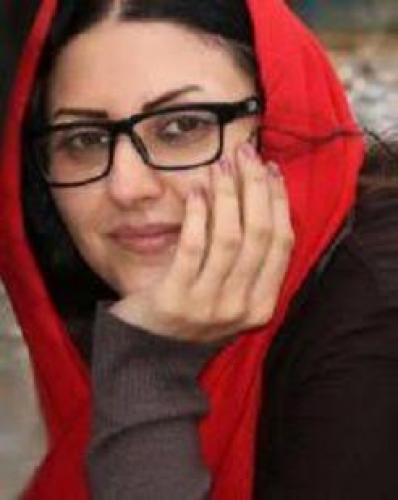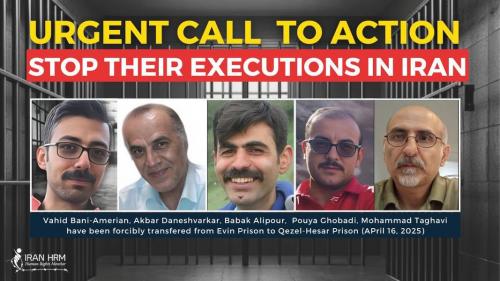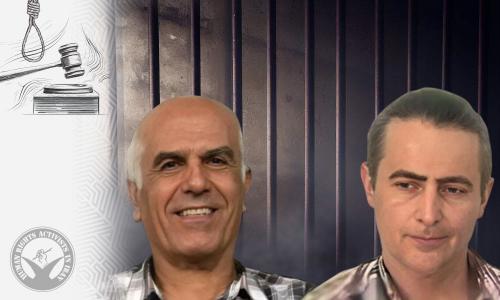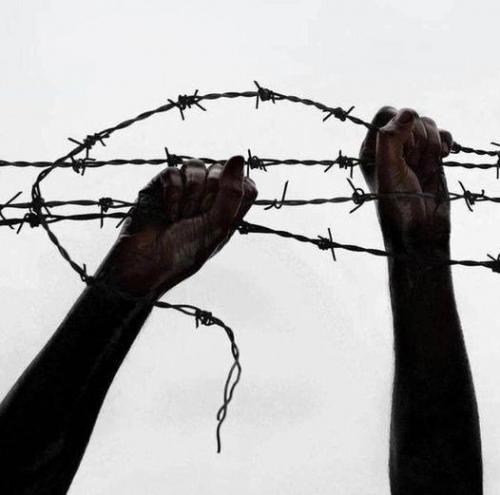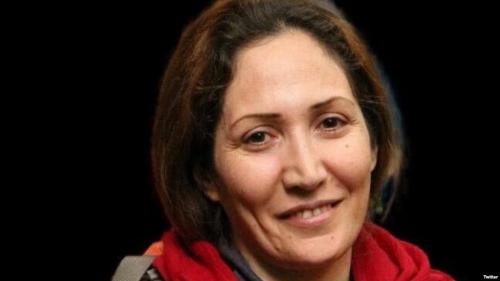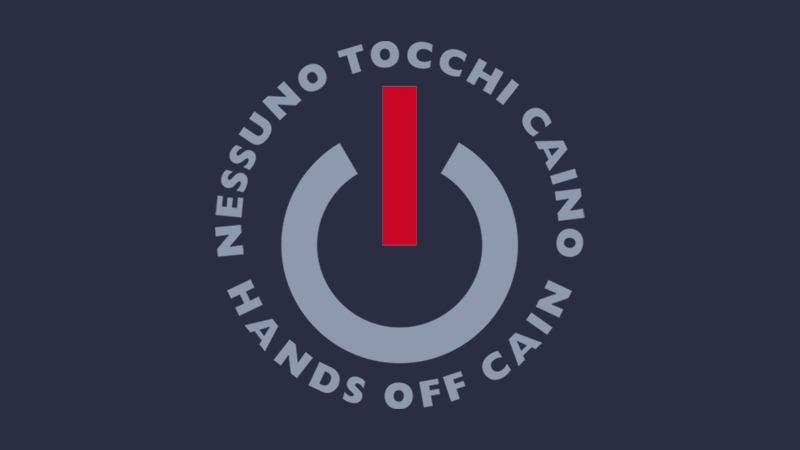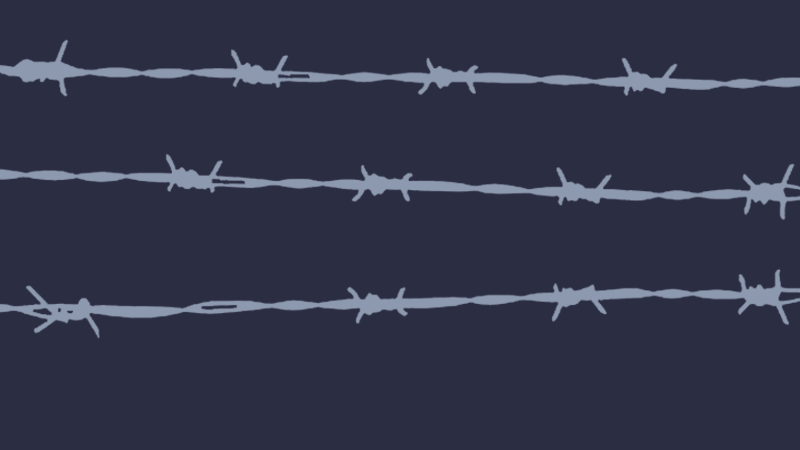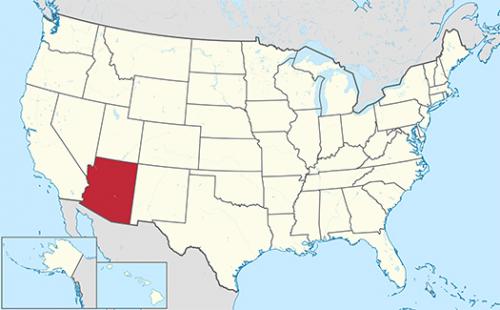23 April 2018 :
Golrokh Ebrahimi Iraee is an iranian writer and political activist condemned to six years of prison for having written a script, not published, that criticized the practice of stoning in Iran.
Iraee has suspended the hunger strike she strated on the third of February 2018, so we are talking about 75 days of lack of food that has brought her to loose 25 kilos and from what has revealed Simin Nouri, president of the iranian women in France in an interview with Radical Radio, entered in a coma.
We know she was brought to the hospital where she suspended the hunger strike and was conducted again to the jail.
We call for her release!
In a letter of the beginning of february that Iraee has written with another woman, Atena Daemi, detained with her in the Evin female prison ward and also her on hunger strike but now interrupted, is written that the women started the non violent action because they have been beaten and transferred to the Gharchak prison, in violation either of the Iran’s 513 code of criminal procedure for which the inmates have the right to serve the sentence in jails of the judicial district in which the sentences were issued, or near their residence city, either the 69 article of the Penitentiary Regulations for which the political detainees have the right to not stand in a not political ward.
But there's more behind the story of Golrokh Ebrahimi Iraee, arrested a first time on 6 september 2014, together with her husband Arash Sadeghi, that is also an activist and detained several times. The authorities had ransacked the house of the couple without a search warrant confiscating personal property such as computers, CDs and documents. Among them was a notebook that Iraee used as a personal diary where she had noted a fantasy story, regarding a woman while watching a 2008 movie, "The Stoning of Soraya M", about a really happened stoning for adultery while anger, she had burned the Koran. Iraee has been interrogated about the things wrote on the diary and on the story, in a room next to where her husband was detained, from where she heard the tortures that he was submitted. She was then put into solitary confinement for three days, and for twenty days could not meet either the family, nor a lawyer, nor a judge. Section 15 of the Revolutionary Court accused her of "insulting Islam" and "spreading propaganda against the system." The trial, which ended with a six-and-a-half-year sentence, was marked by a whole series of procedural violations: the process focused on the activities of her husband, Sadeghi, in respect of which Iraee had no way of defending herself; Iraee's first lawyer was forced to retire, and a second lawyer, after a short time, was revoked. She was conducted in prison in October 2016 and released on bail on 3 January 2017, thanks to a long hunger strike – 71 days! – of her husband, meanwhile sentenced to 15 years in prison for "propaganda against the system."
However, freedom was short-lived: Iraee was brought back to prison on 22 January 2017 while she was visiting Sadeghi in the hospital.
From prison Iraee continued to try to communicate with the outside, writing several open letters, even one in which he criticized a façade visit conducted by foreign ambassadors in the prison of Evin in July 2017.
In January 2018, other accusations such as that of insulting the supreme Leader Ali Khamenei were moved to Iraee.
The hardness of this woman's struggle speaks to us of the hardness of a regime, the Iranian one, with abuses and injustices that leave no other option than that chosen by Iraee, Sadeghi and Athena. The conditions of IRAEE today are very serious and cannot leave us indifferent because Iran will continue to produce death as long as the silence on the fate of the Iranian people, its towns and citizens, which never as in recent months, can last, with the Demonstrations on the square that do not mention to stop, we are talking about a need for freedom of civil and political rights, and not just an economic unwell.


